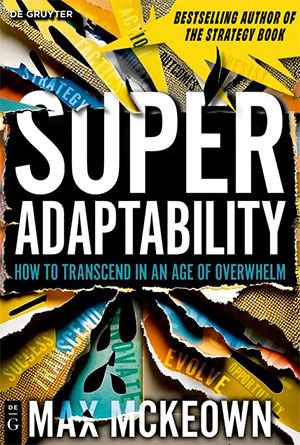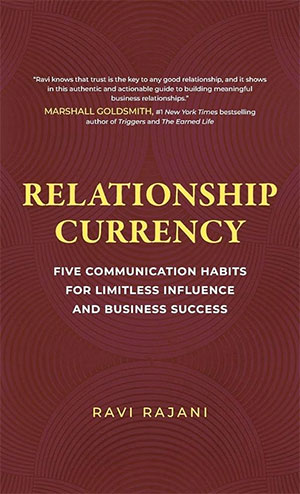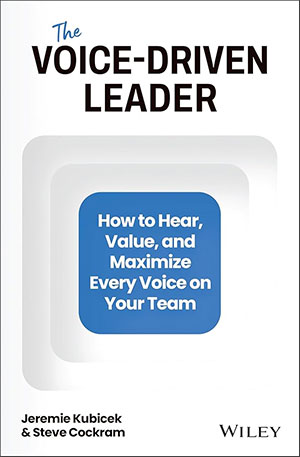
Shaping progress in 2026 through clarity, confidence and connection
For many organisations, conditions already feel noticeably tougher in 2026 than in recent years. So here are some actionable strategies to inspire growth, engagement and momentum.

For many organisations, conditions already feel noticeably tougher in 2026 than in recent years. So here are some actionable strategies to inspire growth, engagement and momentum.

Max Mckeown's heavyweight new book draws from neuroscience, psychology and cultural evolution to develop a practical framework for human adaptability. It might also help you move from paralysis into abundance

In an era where AI can draft emails and manage our schedules, 'Relationship Currency' is a timely reminder of the importance of investing in genuine human connection.

How can managers and organisations create an environment in which every voice is genuinely heard, valued and deployed to maximum effect? This book offers some practical ways to meet this challenge.